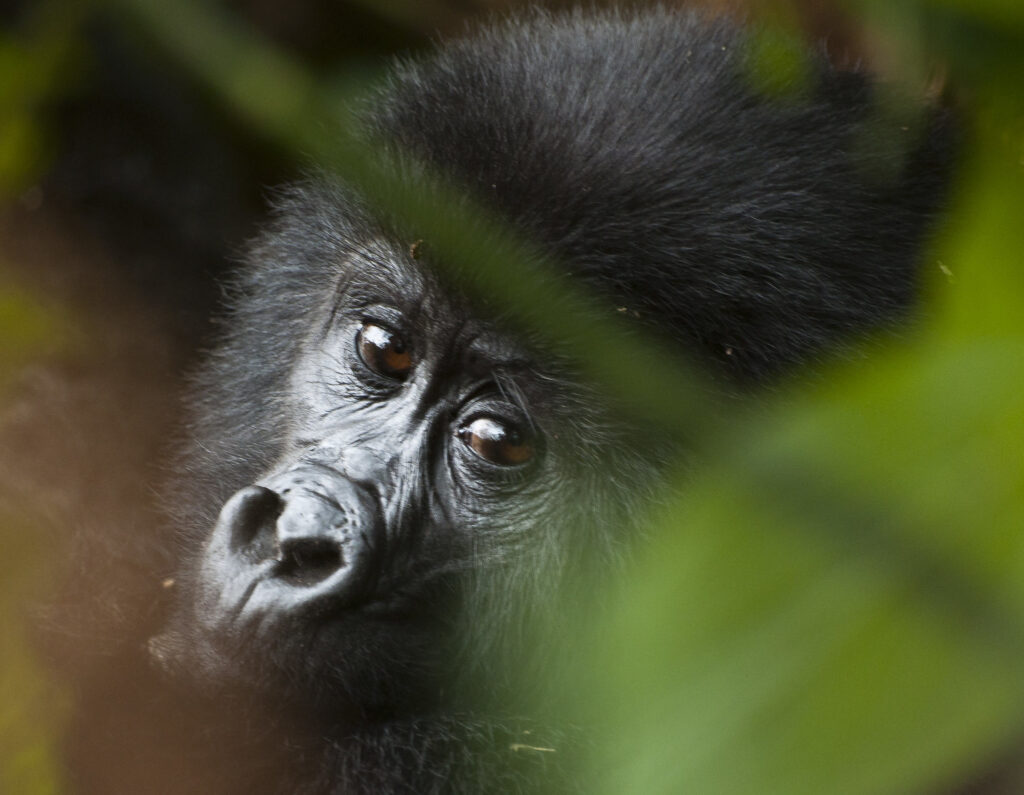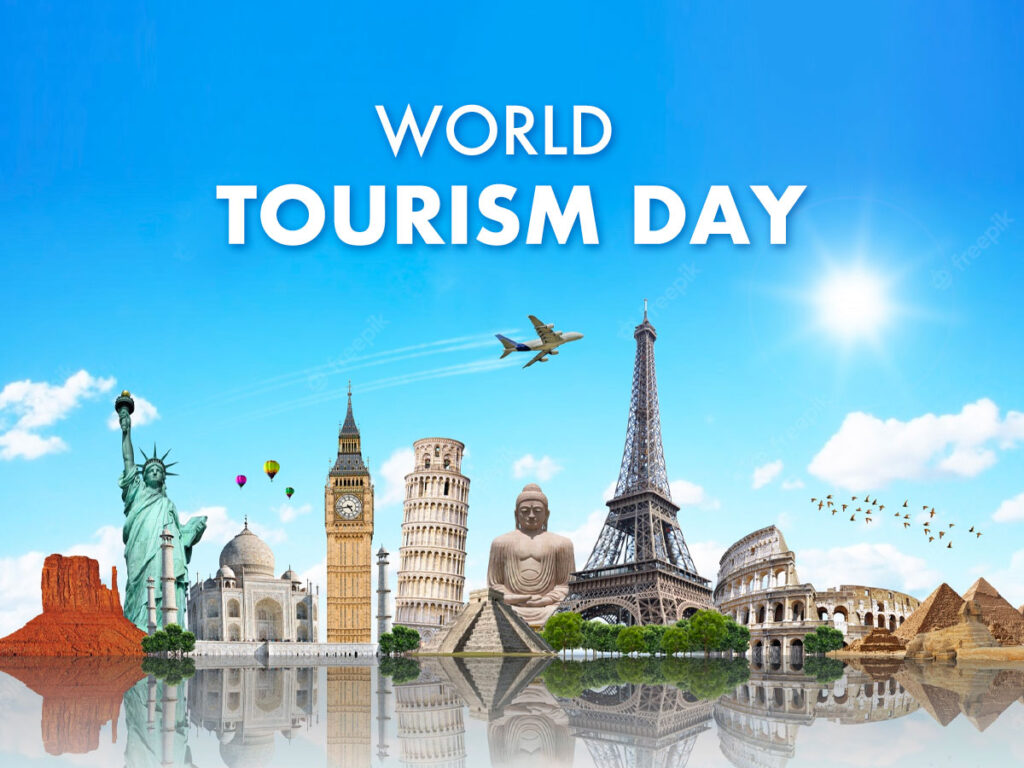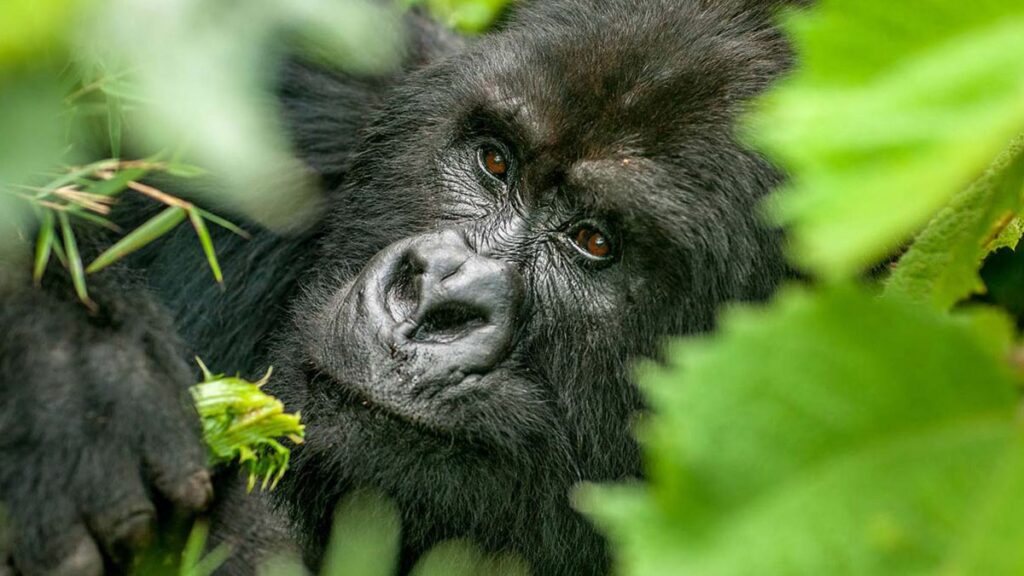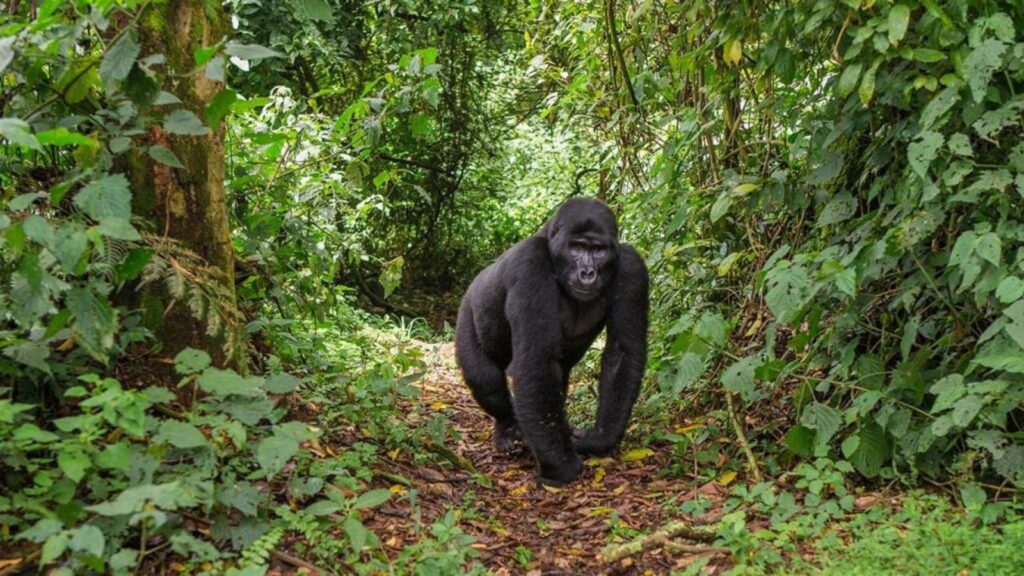How to Trek Responsibly—Sustainable Gorilla Trekking in Uganda and Rwanda
Responsible gorilla trekking.Gorilla trekking is a privilege. Every step in the forest has an impact on the animals, the environment, and the people who live nearby. Trekking responsibly helps keep gorillas safe, protects the forest’s delicate balance, and supports local communities. It is not just about following park rules — it is about showing respect, being aware, and ensuring you leave the place better than you found it.
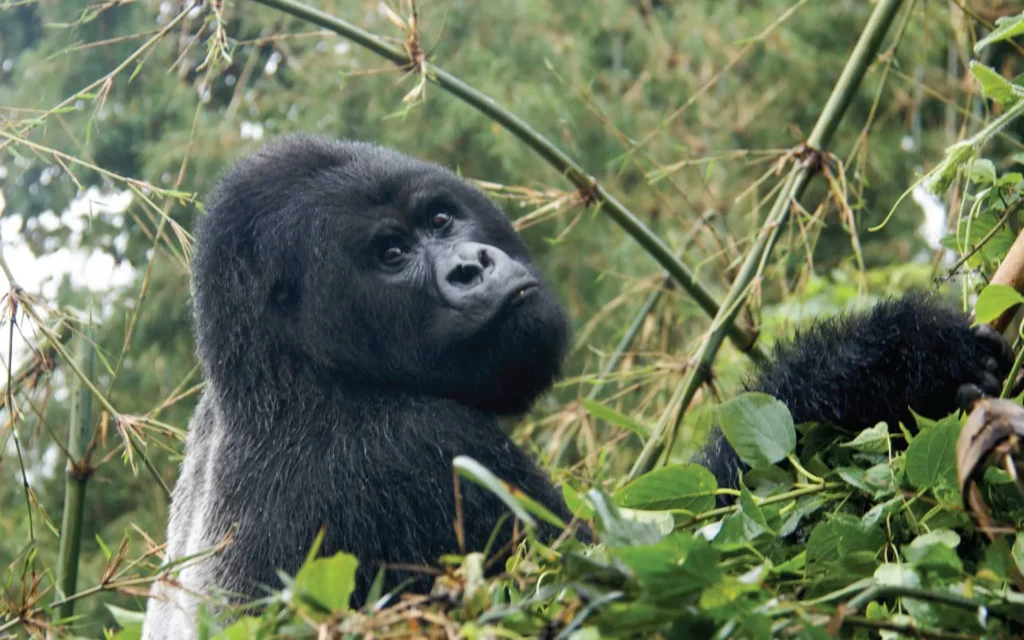
Respect Wildlife Rules
Always maintain a safe distance from the gorillas, ideally seven meters or more. This space reduces the risk of passing on human illnesses and prevents the animals from feeling threatened. Even if a gorilla comes close, resist the temptation to touch it. Their immune systems are vulnerable, and what seems harmless to you could be dangerous to them. Keep your voice low and your movements calm. Sudden gestures or loud noises can disturb their natural behavior. Turn off your camera’s flash before taking any photos, as sudden light can startle them.
Protect the Environment
Your path through the forest should follow the designated trails set by your guides. These routes prevent damage to fragile plants and reduce soil erosion. Carry all your litter out with you, including tissues, wrappers, and bottles. The forest should look exactly as it did before you arrived. Refrain from picking plants, as each one plays a role in the ecosystem. If you use soaps, lotions, or insect repellents, choose eco-friendly options to avoid contaminating the soil and water.
Support Local Communities
Responsible trekking includes uplifting the people who share their home with the gorillas. Hiring local guides and porters not only enhances your experience but also provides a vital source of income for families in the area. Purchasing crafts, fresh produce, or souvenirs made locally ensures your money benefits the community directly. Take time to understand cultural etiquette, such as asking before photographing someone and dressing modestly when visiting villages.
Travel in Smaller Groups
Whenever possible, trek in small groups. Fewer people reduce noise and environmental impact while giving you a more intimate experience. Small groups also make it easier for guides to manage the trek responsibly and ensure everyone follows the necessary guidelines.
Be Physically Prepared
Your fitness level plays an important role in trekking responsibly. Being physically prepared means you can keep up with your group, avoid overexertion, and reduce strain on guides and porters. Regular exercise before your trip makes the trek more enjoyable and less demanding on everyone involved.
Best For
This approach suits travelers who care about preserving nature, respecting wildlife, and contributing positively to the communities they visit. It is perfect for those who see gorilla trekking as both an adventure and a responsibility.
Tip
Choose a tour operator that actively supports conservation. Ask about their environmental policies, community projects, and how they contribute to gorilla protection.
Idea
Enhance your trekking experience by adding a community visit or conservation activity to your itinerary. Planting trees, joining a reforestation project, or supporting a local school can make your journey even more meaningful.
Plan Your Tour
Trekking responsibly means making choices that protect gorillas, preserve forests, and benefit people. Keep your distance from wildlife, leave no litter, respect cultural traditions, and travel with companies that share your values. These actions ensure gorilla trekking remains sustainable for generations. Book your permits early, select eco-friendly lodges, and prepare both physically and mentally for the journey. When you trek with care, you help safeguard one of the world’s most extraordinary wildlife encounters.

